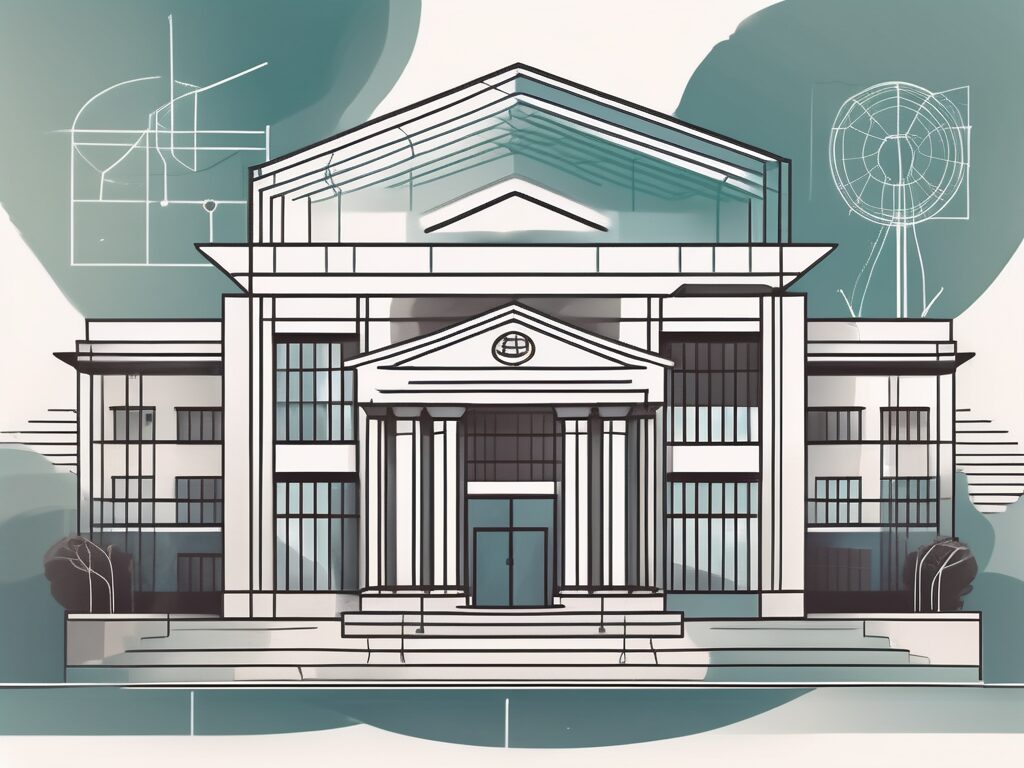Singapore’s public education system is renowned worldwide for its rigour and high standards. However, teachers with a Master’s in Education face a unique set of challenges in this environment. This blog post delves into five key issues that these educators grapple with, offering insights into the realities of teaching in Singapore’s public schools.
1. High Expectations and Pressure
Teachers in Singapore are held to incredibly high standards, both by the education system itself and by parents. This is especially true for those with a Master’s degree in Education, as their advanced qualifications often lead to heightened expectations. The pressure to consistently deliver excellent results can be overwhelming, leading to stress and burnout.
Comparatively, in countries like Finland, which also boasts a top-tier education system, teachers are given more autonomy and face less pressure from parents and the system. The difference in culture and expectations can be stark for those accustomed to a more relaxed teaching environment.
2. Heavy Workload
Another significant issue is the heavy workload. Teachers in Singapore’s public schools are expected to take on multiple roles beyond teaching. These include administrative tasks, co-curricular activities, and even counselling. For Master’s degree holders, the workload can be even heavier as they may be tasked with curriculum development or research projects.
By contrast, in many Western countries, teachers often have more focused roles and are not expected to juggle as many responsibilities. This difference in workload can be a shock to those not prepared for the multifaceted role of a teacher in Singapore.
3. Lack of Career Progression
Despite holding a Master’s degree in Education, many teachers in Singapore’s public schools find that there are limited opportunities for career progression. The hierarchical nature of the education system means that promotions are often slow, and there are few leadership positions available.
Compared to countries like Australia, where teachers with advanced degrees can quickly move into roles such as educational consultants or policy advisors, the lack of upward mobility in Singapore can be frustrating for ambitious educators.
4. High-Stakes Testing Culture
Singapore’s education system is known for its emphasis on high-stakes testing. This culture places a significant amount of pressure on both students and teachers, with the latter often feeling the need to ‘teach to the test’ rather than focusing on holistic education. For teachers with a Master’s in Education, who are often passionate about innovative teaching methods and student-centred learning, this can be particularly challenging.
In contrast, countries like New Zealand place less emphasis on standardised testing, allowing teachers more freedom to explore different teaching methods and focus on individual student needs. The disparity in educational philosophies can be a source of frustration for educators in Singapore.
5. Limited Resources
Despite Singapore’s wealth, resources in public schools can be limited. Class sizes are often large, and teachers may lack the resources needed to implement innovative teaching strategies or provide individualised attention to students. This can be particularly challenging for teachers with a Master’s in Education, who are often trained in these methods.
In contrast, in countries like Sweden, where education is highly funded, teachers often have access to a wide range of resources and smaller class sizes, allowing for more personalised teaching. The disparity in resources can be a significant challenge for educators in Singapore’s public schools.
In conclusion, while Singapore’s education system is undoubtedly successful in many ways, it poses unique challenges for teachers, particularly those with a Master’s in Education. By understanding these challenges, educators can better navigate the system and find ways to thrive within it.
Elevate Your Teaching Career with The IQTS at UWE
Understanding the challenges faced by educators with a Master’s in Education in Singapore’s public schools is just the beginning. If you’re looking to enhance your professional development, overcome barriers to qualification, and connect with a global network of educators, The IQTS at UWE offers the International Qualified Teacher Status (iQTS) Programme tailored for you. With the iQTS, you can expect a significant boost in interview callbacks, promotion rates, and salary, while gaining a deeper understanding of international curricula. Don’t let isolation or the balancing act of work and study hold you back. Make Your Next Step towards a more fulfilling teaching career today.

